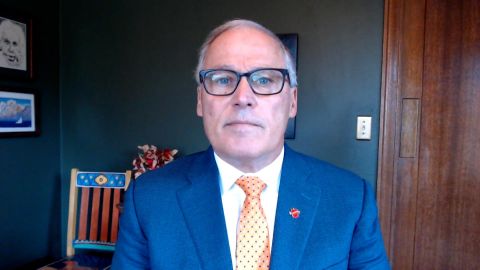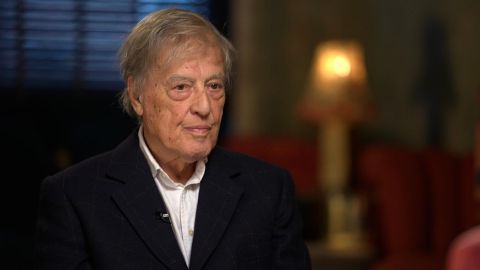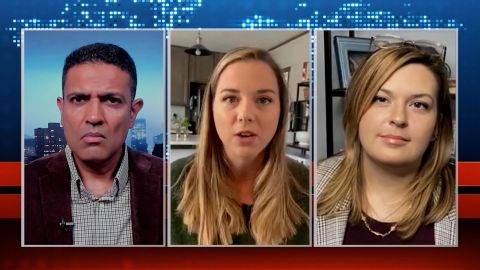Read Transcript EXPAND
GOV. JAY INSLEE (D-WA): We certainly have a president who is committed to very aggressive climate goals. We think we have the opportunity to replace the clean electrical standard with substantial investments. We have to make sure that happens. And so, in the next hours to come, I’m hoping that the president will succeed in achieving major investments to really get our carbon footprint down, and we need to do that. But we have to realize too that the federal government is not the only player here. We intend, as states, to move forward. I’m co-chair of the U.S. Climate Alliance. This is 25 states that are committed to these major clinical. We’re acting even if the federal government not move with the speed that we need. So, one way or another, we’re coming out with bold, aggressive climate action from America. And we want to make sure that the world understands that when we get to Glasgow.
CHRISTIANE AMANPOUR: So, Governor, I hear you sounding very upbeat. But isn’t it a fact that the Clean Electricity Performance Plan that you’re talking about and that looks like it’s dead in the water, that was the one thing, that was the boldest, most innovative carrots-and-stick approach to really making a difference with a clear target, clear incentives and clear punitive measures? But you’re acting as if oh, well, if it falls by the wayside, there’s another option. Is it really that clear and that effective, that second option that we don’t really know what it is.
INSLEE: Well, plan B is not as good as plan A. That’s the way life works. But now our task is to make sure that our investments are through other means, other tools, other strategies to get the equivalent carbon reductions. And that means dollars committed as part of the reconciliation plan. And we are insisting on that right now. I was just talking to someone who was walking in the White House about half-hour ago about this subject, to make sure that we make these commitments. Look, there’s a lot of things we got to do in life in the reconciliation plan. But this climate issue is a one-off. This is our last chance to do it. It has to get done this year. And that’s why we’re so insistent on it. But I do want to tell you, one of the reasons I am upbeat, to some degree, is that, no matter what happens in the reconciliation bill, we have 25 states that have banded together as part of the U.S. Climate Alliance. We represent 61 percent of the United States economy. And we have adopted our own measures to cut our emissions by 50 percent by 2030. My state has an equivalent of the electrical standard already in place. It’s the best in the United States. It has the best environmental justice. And we all have the ability to move at all levels of government, and we intend to do so. So I’m glad that we still have momentum on this federally. And we’re going to make sure we have it on a state basis as well.
About This Episode EXPAND
Jay Inslee; Tom Stoppard; Rachel Ellsworth; Chelsea Walsh
LEARN MORE


